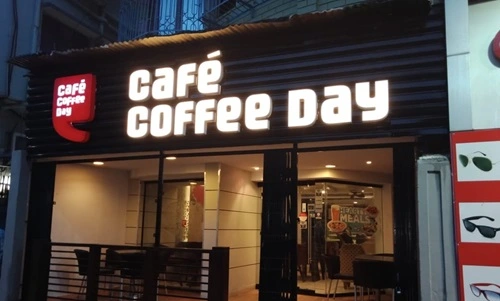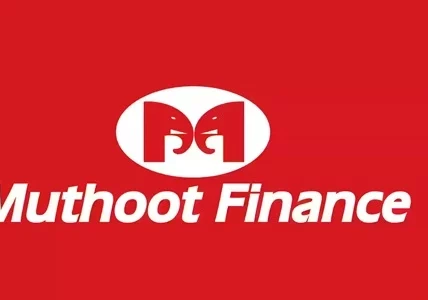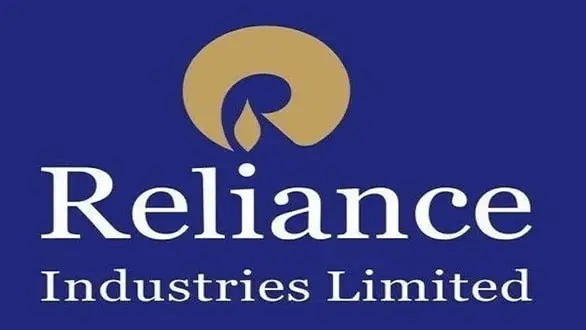The headquarters of the worldwide Indian chain of coffee shops, Café Coffee Day (CCD), are in Bengaluru, Karnataka. It belongs to Coffee Day Enterprises Limited as a subsidiary. Around the world, CCDs can be found in Austria, Egypt, Nepal, Malaysia, and the Czech Republic.
India’s favorite spot for coffee and chat is now Café Coffee Day, or CCD, as it is more than just a coffee shop for the country’s citizens. In a short period after its 1996 founding, the Bengaluru-based Indian multinational chain of coffee shops has become a popular hangout for millennials and Generation Z.
Origin Story
The Chikkamagaluru-based company Café Coffee Day Global Limited Company grows coffee on 20,000 acres of its farms. With exports to Europe, the United States, and Japan, it is Asia’s biggest arabica bean producer.
When he founded Coffee Day Global, the parent company of the Coffee Day chain, V. G. Siddhartha launched the café chain in 1996. On July 11, 1996, the first CCD store opened at Brigade Road in Bangalore, Karnataka. By 2011, it has quickly spread to other Indian cities, with over 1,000 cafés operating nationwide.
Urban areas in India experienced a rapid expansion of Café Coffee Day; by 2016, over 2000 new bistros had been established nationwide. Over two decades, CCD has integrated its advancement strategy with the recognition and appreciation it has received.
CCD Company Details
| Company Name | Cafe Coffee Day (CCD) |
| Origin Country | India |
| Founded | 1996 |
| Founder | V. G. Siddhartha |
| Current Status | Operational (as of last update) |
| Headquarters | Bangalore, Karnataka, India |
| Key Offerings | Coffee, Snacks, Desserts |
| Number of Outlets | Over 1,700 |
| Website | www.cafecoffeeday.com |
CCD Business Plan and Marketing
CCD has implemented a successful business plan.
Inventiveness and Growth
The enormous quantity of food and beverages allowed CCD to take place. In addition, CCD’s bold actions and quick development into level 2 urban communities in India and other isolated places were some of the successful strategies that propelled it ahead of competitors like Starbucks and Barista.
Coffee Day Fresh ‘n’ Ground, Coffee Day Resorts, Coffee Day Square, Coffee Day Beverages, and other auxiliary services have all contributed to the organization’s ability to meet customer demands and maintain its competitive edge.
Additionally, CCD often engages its customers on Instagram, Facebook, and Twitter. In 2016, Beano was also introduced by Café Coffee Day to engage the customers.
Strategy of Distribution
There are 1,752 CCD stores spread throughout 29 states in India as of March 2020. Additionally, Café Coffee Day has expanded outside of India, with locations in Dubai, Malaysia, Austria (Vienna), Egypt, and the Czech Republic. There may be about 5,000 bistros within the Indian sorted-out division, but currently, there are fewer than 1,000 bistros.
Difference In Concoction
The following significant actions set CCD apart from its competitors and peers:
Getting the experience just right is more important than past feeding. CCD updated its program to track customer behavior, personalize promotions and developments, enable cashless transactions via implicit wallets, and consistently produce.
To enable cashless exchanges at the locations, CCD teamed up with Freecharge in 2016. Customers may use their mobile numbers to pay and complete the exchange in less than ten seconds.
CCD launched Café Concerts in 2016 to increase participation, focusing on live performances in Delhi, Bengaluru, Mumbai, and Pune. When CCD first offered cafe concerts, they were special and had a major influence in drawing in the younger audience.
The 3As Strategy
The primary factors impacting competition in the retail espresso sector are assessment, item/service quality, brand awareness, flavor, and variety of items.
CCD has built its retail process around the three A’s in order to set itself apart from competitors:
- Affordability: CCD ensures that all types of customers are drawn in at a reasonable cost, whether office workers or students attending schools or colleges.
- Accessibility: The company wanted to ensure the cafes were easily accessible. CCD is committed to addressing the needs of its customers nationwide by offering a consistent experience everywhere.
- Acceptability: CCD guarantees that customers will not have to sacrifice flavor to purchase and eat their goods. The idea was to gather people together to decompress and rest. The company’s memorable phrase, “Let us catch up on CCD,” which every Indian has probably heard at some point, served as additional motivation for its clients.
Conclusion
In the coffee market, CCD has a substantial market share. Indian coffee consumption has evolved because of CCD’s commitment to providing the finest customer experience and atmosphere. CCD is a well-known brand in the sector, placing millions of vending machines nationwide and hundreds of stores.














